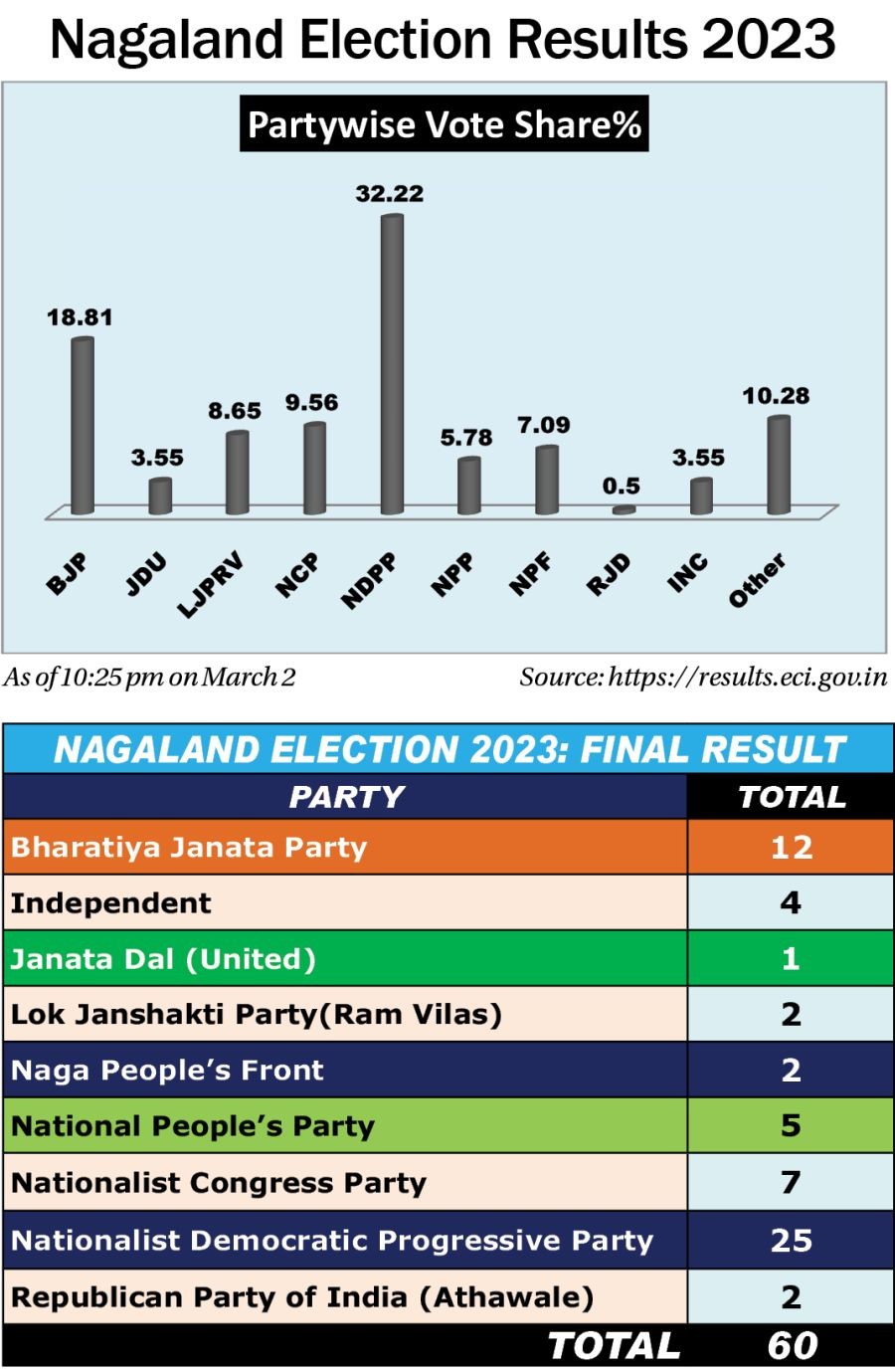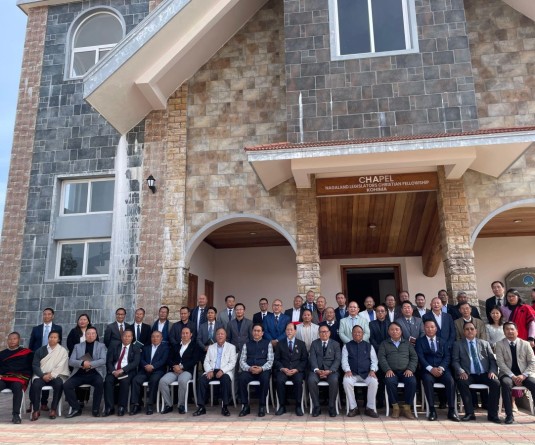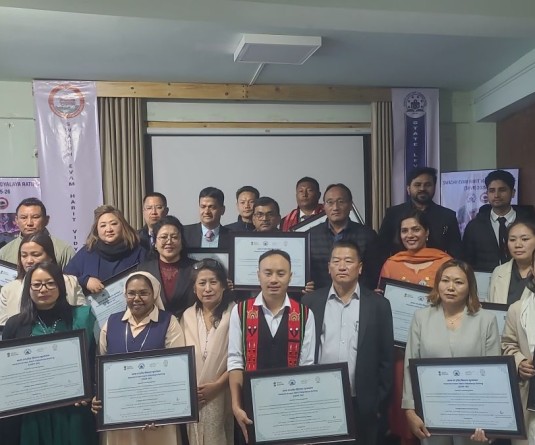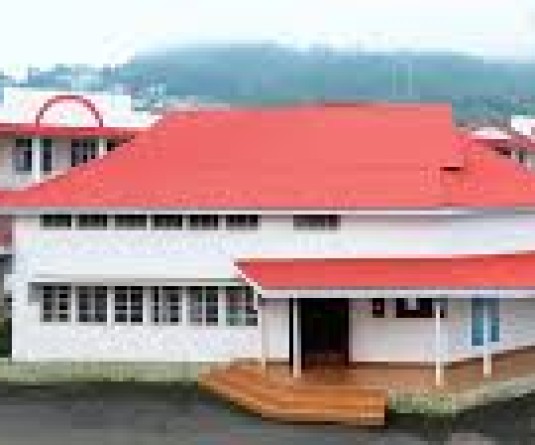
Morung Express News
Dimapur/Kohima | March 2
Nagaland Chief Minister Neiphiu Rio fortified his legacy and two women candidates recorded historic wins breaking political barriers as results for the recently held elections to the 14th Nagaland Legislative Assembly was declared on March 2. Two other parties also made their maiden foray into the NLA.
According to final tally of the results given by the Election Commission of India, the ruling Nationalist Democratic Progressive Party (NDPP) garnered the most seats by emerging victorious in 25 Assembly Constituencies (ACs).
The NDPP’s pre-poll alliance partner, the BJP won 12 seats, for a combined total of 37 seats, comfortably surpassing the majority mark of 31.
However, the day decidedly belonged to the Chief Minister Rio and two of his party candidates Hekani Jakhalu and Salhoutuonuo Kruse, as they entered into the record book for separate achievements.
Jakhalu and Kruse become the first-ever women representatives to the NLA, first formed in 1964.
The former defeated her nearest opponent, Azheto Zhimomi of the Lok Janshakti Party (Ram Vilas) by a margin of 1,536 votes from 3 Dimapur III AC while Kruse scalped a razor-edged victory margin of 7 votes over Keneizhakho Nakhro, an independent. The other two women candidates out of 183 candidates in the fray lost the elections.
Since their first foray in 1969, a total of 25 women have contested in the state assembly elections over the years but were unsuccessful until this year. It is also the first time for women to be directly elected in parliamentary or assembly elections in Nagaland after Rano M Shaiza in 1977, who won membership in the Lok Sabha, the Lower House of the Indian Parliament.
“You carry the hopes of women and future generations as changemakers and role models. I hope you will continue to be passionate and courageous,” Rio later congratulated the two winning women candidates.
Meanwhile, Rio cemented his legacy as one of the most foremost political leaders of State as he successfully led the NDPP-BJP alliance consecutively for two terms.
In doing so, he will possibly return as the Chief Minister for the record 5th time, since his first tenure from 2003–08. He has more or less dominated the state political landscape for two decades since then.
Retained power but…
While the ruling alliance secured the majority, the combined performance of the NDPP and BJP can be termed as below ‘expectation.’’ Most exit polls gave the alliance over 40 seats.
The NDPP, which originally won 17 seats in 2018, however, improved its tally to 25 in 2023, thus consolidating Rio’s position. The party was a new entrant then.
Despite mounting high-pitched campaign both online and off-line including visits of the Prime Minister and Union Home Minister, as well as a galaxy of Union Ministers and central leaders, the BJP strike rate was ‘nil’ and only managed to reach the previous election tally of 12 seats.
Four of the party’s sitting MLAs lost the 2023 election, including two Ministers in the current government.
Debutants, hits & misses However, the day was also historic for Lok Jan Shakti (Ram Vilas) and the Republican Party of India (Athawali), which made a maiden entry into the NLA by winning 2 seats each.
The results also highlighted diminishing influence of previous regional powerhouse Naga Peoples Front (NPF), with the tally of largest single party winner in 2018 falling to just two seats. The party’s ammo depleted by ‘merger/defection’ of 21 of its legislators to the NDPP in 2022.
The Indian National Congress (INC), despite a highly-spirited campaign, also drew blank for a second consecutive election. The Janata Dal (United) also managed to secure just one seat.
The party to secure highest number of seats after the ruling alliance was the Nationalist Congress Party (NCP) with a final tally of seven seats. The party did not win any in 2018. The Rashtriya Janata Party candidates as well as the lone Communist Party of India candidate were also defeated.
The National People's Party (NPP) also managed to put up a strong performance by winning 5 seats, an improvement from 2 seats in 2018. It must be noted here that the two NPP legislators joined the NDPP after the election.
Four Independent candidates also won their seats in the elections while Janata Dal (United) also managed to secure just one seat.
Post-poll scenario
In most likelihood, the ruling NDPP-BJP alliance might stake claim to form the next government in Nagaland.
However, the post-poll scenario remains unclear and the jury is still out on whether Nagaland might witness another opposition-less government.
Before the election, the NDPP-BJP alliance has asserted that it would form the government on its own but other parties have also made their intention clear.
The LJP (Ram Vilas) has officially claimed that since it is a ‘natural partner’ of the ruling National Democratic Alliance (NDA) at the centre, it is a natural partner in the state too. The Athawale-led RPI (A) is also a partner of the BJP-led NDA at the centre.
Moreover, there is strong likelihood of the Independents and other parties, breaking their rank and central command, joining hands or merging with the alliance, given previous precedence in Nagaland.






